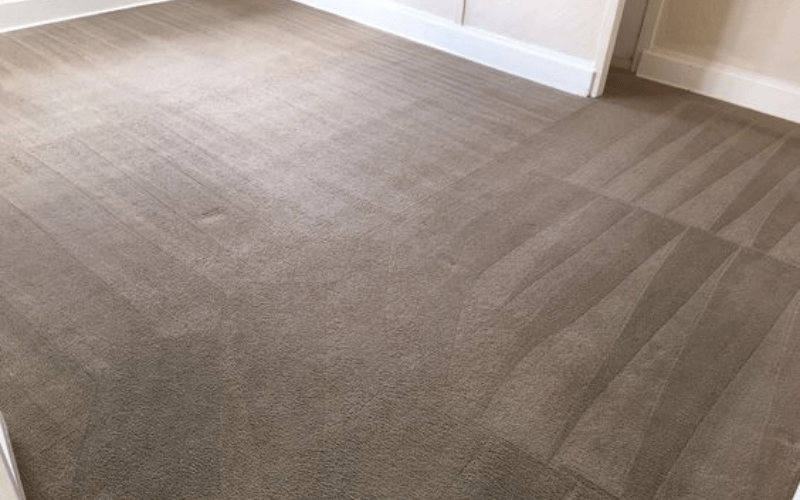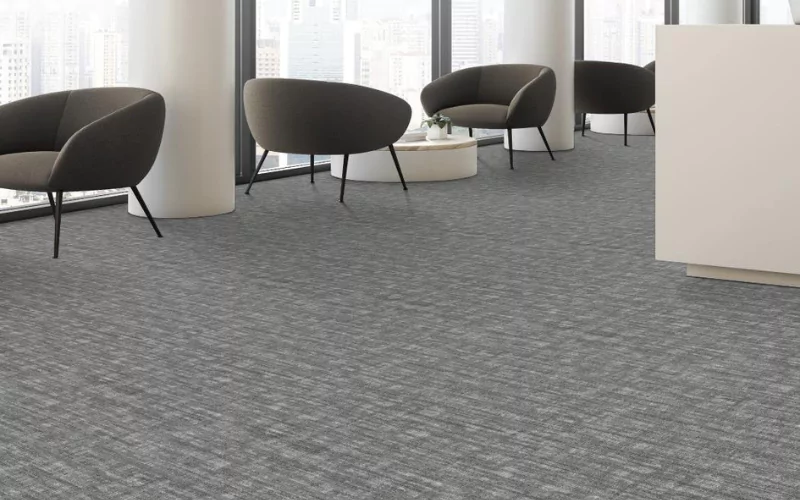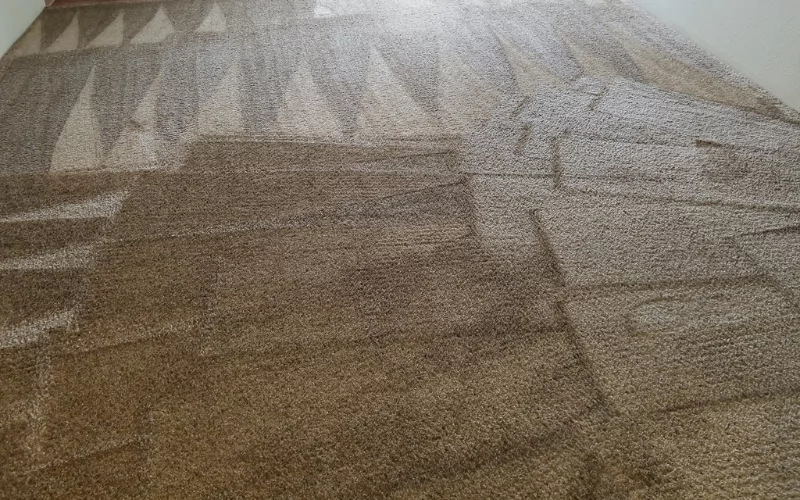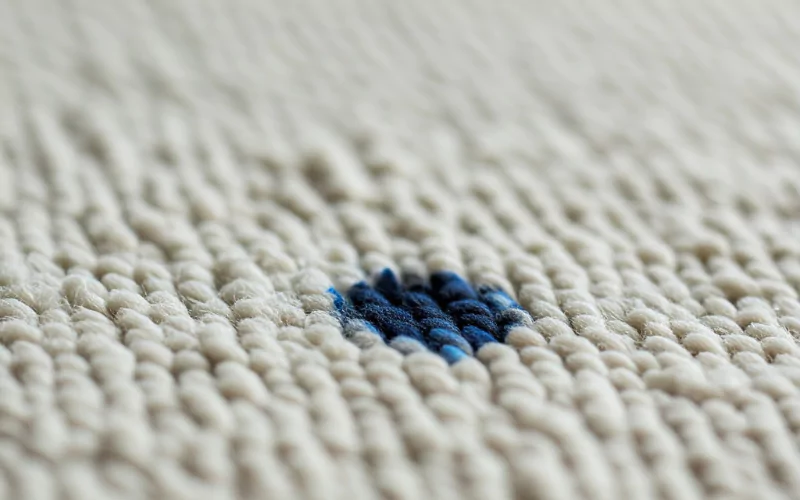There’s nothing quite like the satisfaction of freshly cleaned carpets. However, at times, such satisfaction is short-lived and overshadowed by the unpleasant odors lingering from the carpets, making you wonder what could have possibly gone wrong while cleaning them.
Even with diligent cleaning, carpets can still develop musty odors for various reasons. To learn more about these reasons and find practical solutions for fresh, clean-smelling carpets, make sure you explore this informative blog.
Five Reasons Why Your Carpet Smells After Cleaning
1. Over-Dampening
It is natural for several homeowners to think excess water can help banish stains from the carpet. On the contrary, it may or may not, but surely can lead to carpet smelling extremely musty. This is because the more water you pour, the longer it takes for the carpet to dry.
Such prolonged dampness provides a breeding ground for mold, mildew, bacteria, and germs to grow and thrive, ultimately making your carpet smell foul. This is especially true if you live in an area prone to humid environments. Therefore, ensure utilizing water as required.
2. Residue Build-Up
Overuse of water is harmful to the carpet, but so is insufficient usage. When enough is not used to rinse the cleaning solution from the carpet, detergent residues can remain trapped within the fibers, only to emerge on the surface later and produce unpleasant smells.
Besides, not only detergent but even commercial or household cleaning solutions, if applied too much or not properly diluted can result in excessive residues and subsequent odors, so make sure you avoid such carpet cleaning mistakes and ensure that the carpet is thoroughly rinsed to remove all traces of the cleaning solution.
3. Chemical Reactions
Carpets come in different fibers and not all of them can bear the brunt of every single cleaning solution. Take the example of synthetic fibers. Some cleaning agents may react negatively with synthetic fibers, causing them to smell musty.
On the other hand, wool or natural fibers might react differently with different cleaning agents, and, as a result, may develop a wet animal smell if not cleaned and dried correctly. Hence, it’s crucial to identify the most suitable cleaning solution for your carpet to prevent lingering odors.
4. Underpad Stains
Carpet pads are usually made from materials like foam and rubber, which can be highly absorbent. If you delay cleaning a spill, your carpet is likely to retain musty smells, no matter how hard you try to clean it.
This is because once a liquid penetrates the carpet and reaches the underpad, it can be challenging to remove completely, resulting in underpads retaining stains and odors long after the surface carpet appears clean.
Therefore, the solution to prevent such mishaps lies in prompt spill management. The quicker you take action, the lower the chances of the spill permeating underpads.
5. Improper Vacuuming
Vacuuming the carpet before cleaning is essential, but what happens when vacuuming is not done with the intensity it needs to be done? This can result in debris trapped within the fibers only to mix up with water and cleaning solutions, creating a muddy residue or odor that can embed deeper into the carpet fibers and may emerge anytime soon.
Henceforth, it’s important to vacuum the carpet (using a high-quality vacuum cleaner) thoroughly to trap maximum contaminants before directly applying water or any other cleaning solution.
Wrapping Thoughts!
Even if you clean your carpets like a professional and obtain quality results, there’s still a chance that they could end up smelling bad. This might happen if you over-wet the carpet, use strong chemicals, or don’t rinse it properly.
So, it’s important to avoid these mistakes to ensure your efforts in cleaning your carpets don’t go in vain and that they smell fresh and pleasant after cleaning.






